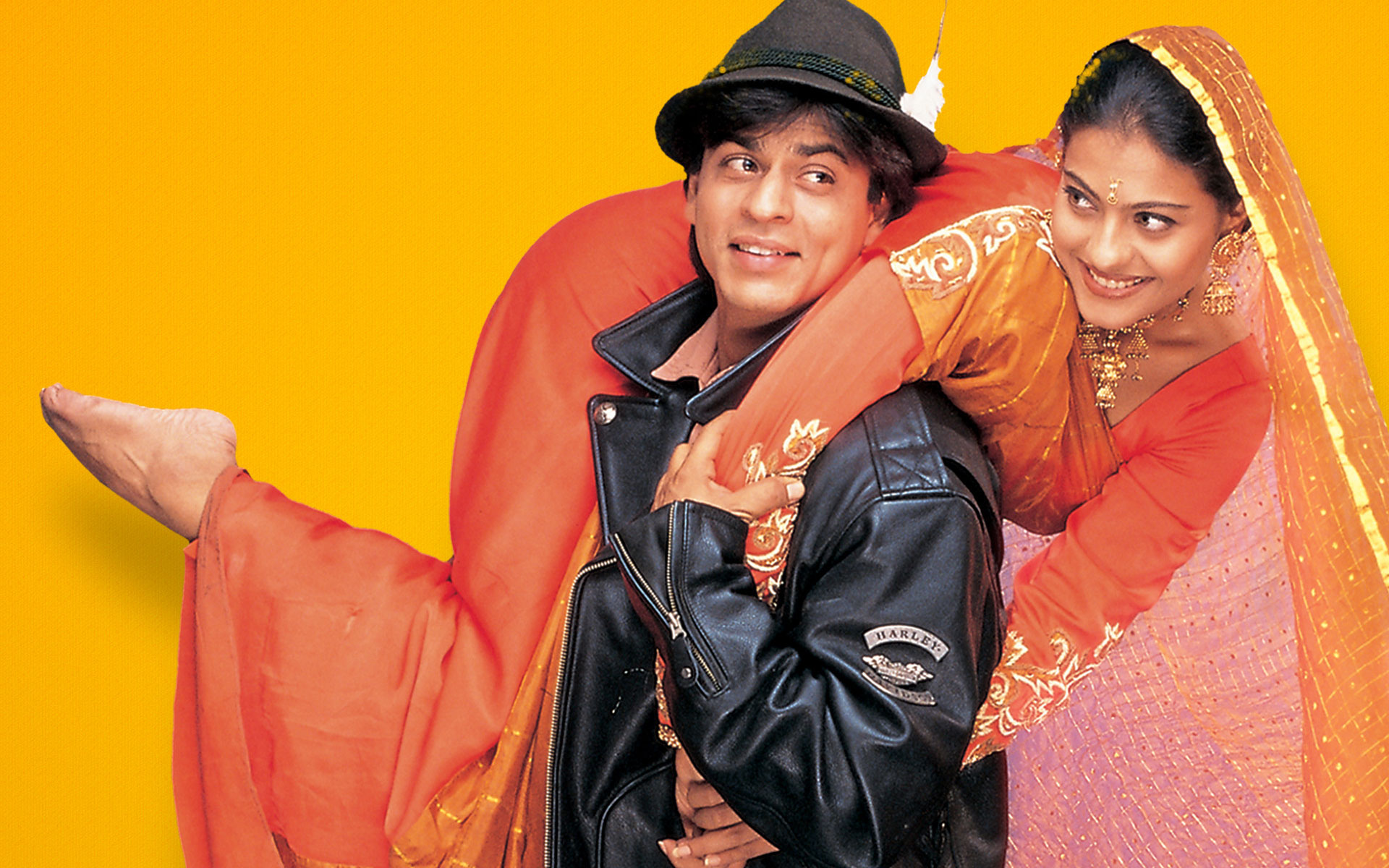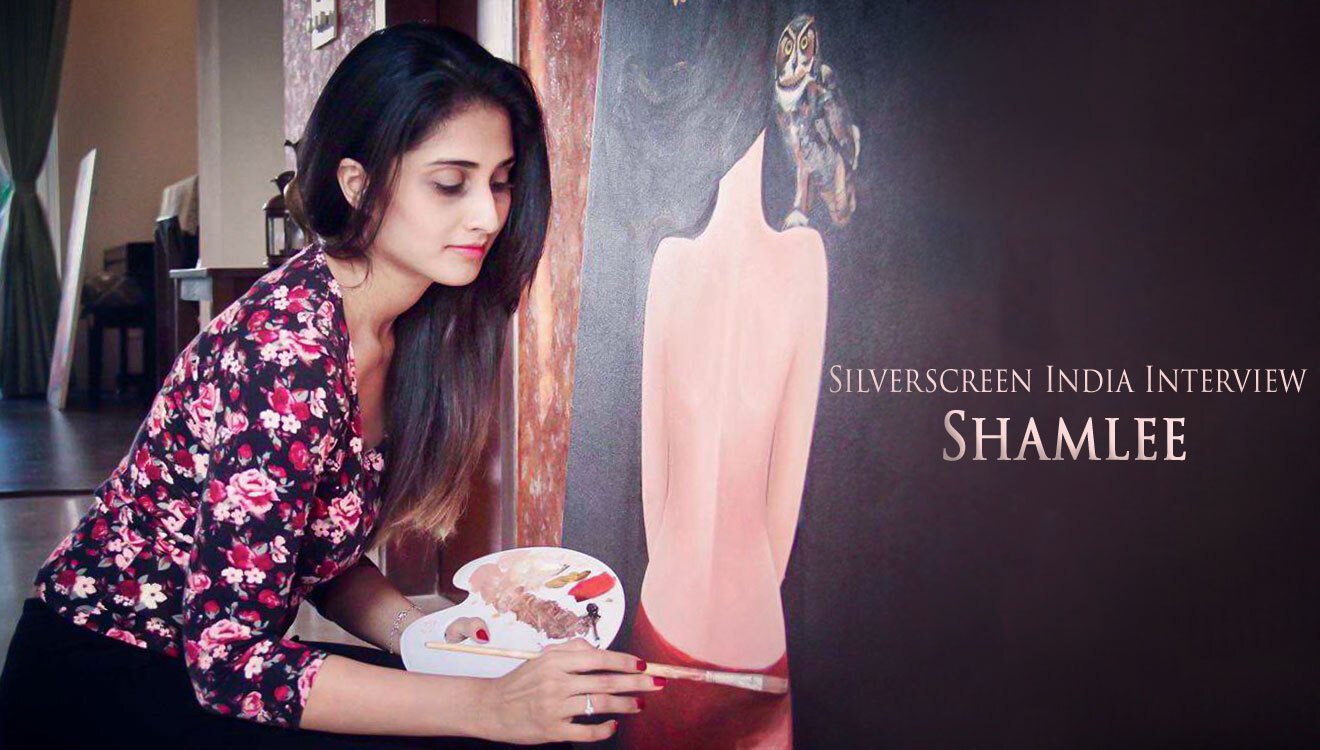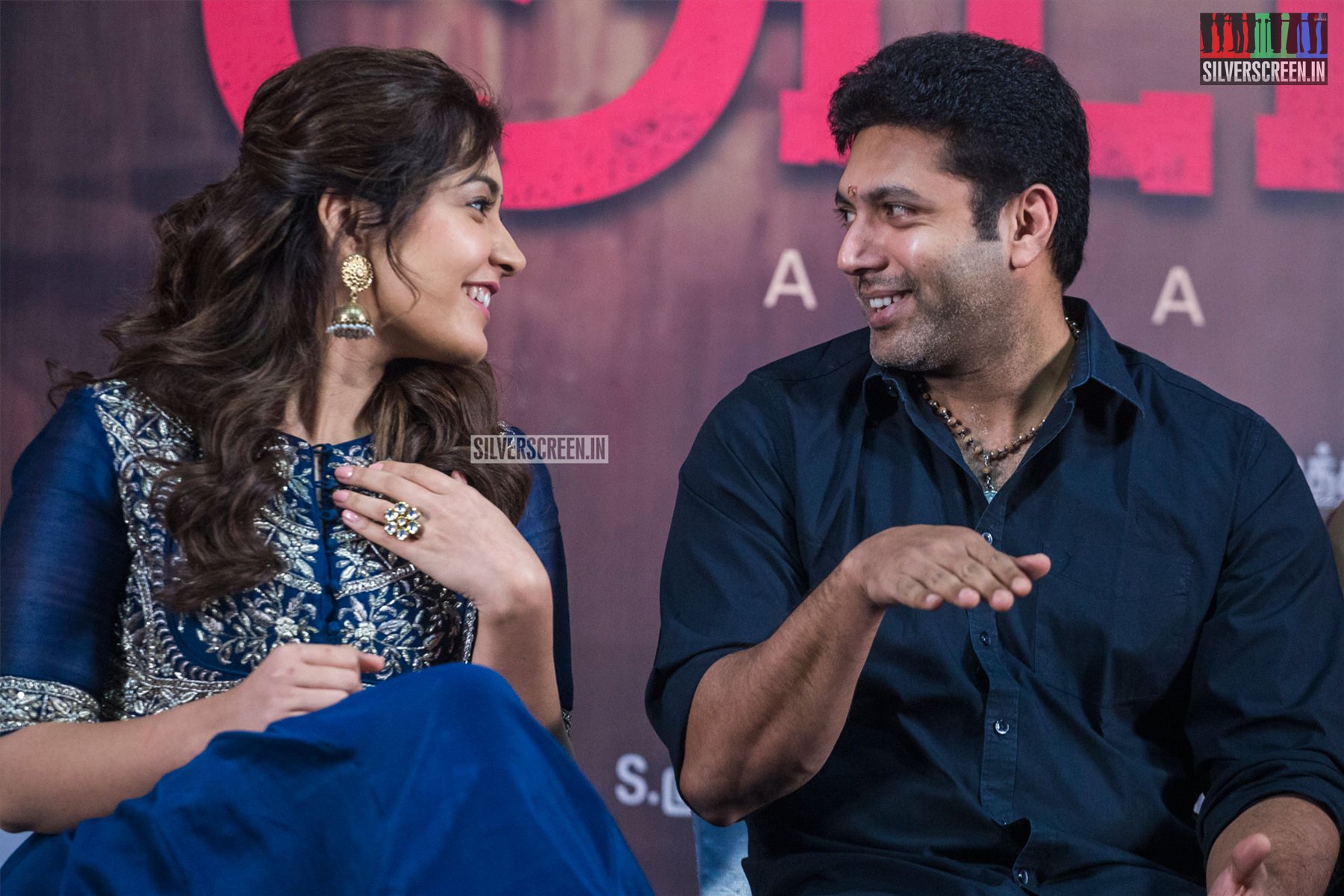Pikchar With Rita is a fortnightly column on cinema by Rita Kothari. She’s a Professor of English at Ashoka University. She does not “do” film studies.
***
Asha Bhosle’s unforgettable song, “Raat akeli hai, bujh gaye diye, aake mere paas kano mein mere, jo bhi chahe kahiye” has an intense foreboding to it, even without the accompanying narrative of the film. It has been suitably used for a title for a new murder mystery directed by Honey Trehan.
It was not on an akeli raat, but rather on one filled with songs and celebrations that a profligate landlord and womanizer Raghuveer Singh is found dead on his bed. The lead investigating police officer Jatil Yadav finds himself in a family where everyone has a motive, although the chief suspect is the one who stands to gain the most – Raghuveer’s second wife, Radha (played by Radhika Apte).
Jatil Yadav is drawn to her silences; wanting to break the impregnable wall, not only for the case he has immersed himself in but also an attraction he can’t bank down. As such, it masquerades as concern for her. This combination of murder and fatal attraction with crisp and convincing dialogues is of course a time-tested recipe and Raat Akeli Hai has to be recommended for murder-mystery genre lovers.
However, we would miss something important if this dominates the viewing. The less immediate and urgent story lies underneath; the story of self-esteem and empathy, and a sassy mother. The police inspector Jatil Yadav (played by Nawazuddin Siddique) is a difficult son for his widowed mother. He is surly, unsmiling, closed-to-the-world and orthodox in what he seeks from life.
Refusing to settle for chowmein instead of fried rice; refusing to smile for a photograph that his mother could use to allure a woman for him to marry; he simply refuses to alter anything. In a delightful opening scene after the credits; we see him looking darkly uninterested in his colleague’s wedding.
His disdain makes the wedding songs appear too loud; the lights too bright; the cheer too overdone. He hears a conversation his mother (played by Ila Arun) is having with a fair and lovely girl to whom she proudly shows her son’s photograph.
The girl says in the Indian euphemistic manner, “rang saaf naheen hai.” Saaf is both fair and clean, a classic sophistry in Indian languages hinting at more than one thing in that judgement. The mother quips, “Man to saaf hai”. He’s clean of heart.
The mother reminds him to relent, and find himself somebody he would like to spend a life with instead of looking for a “virtuous” and “decent looking” wife. This interaction between the unrelenting son and a wise, no-nonsense mother provides a sense of warm ridicule that deflects and diffuses just enough the diabolic investigation.
We see Jatil Yadav using fair and lovely equivalent before he leaves home, donning the Ajay Devgn shades, and find amusement in his consignment to being Jatil from Jatin because the mother messed up the name in the school leaving certificate.
Very long ago, he had met Radha briefly on a train. She was Radha from Bamor, district of Morena. Realising that she was a rebel of Chambal valley, he had advised her, “I say this as a cop, there’s a cruel world out there.” “Baahar ki duniya bahut kharab hai”.
Many years later, Jatil Yadav is humbled by how misplaced his advice was, danger lay for Radha not outside but inside her home. It was not baahar ki duniya, but her own father who had sold her. He also realizes how much violence resides in peoples’ hearts and homes, including his own.
Recommended
This learning is not made evident to us, for Jatil continues to appear the same – taciturn, strange, almost. In fact, it is the mother who asks in a visibly uninterested manner, if he was seeing “that girl” (Radha) before she left by Chhapra Express. The case has been resolved and closed by this time. Jatil leaves home, all dressed in official attire, but without the whitening cream.
A train again, and words again, re-emerging in a different way. They are not the words of a man patronizing a helpless woman, but a damaged partner seeking another.“Bahaar ki duniya bahut kharab hai, ham se akele naheen ho payega.” The world is cruel out there, I’d find it unmanageable by myself. Not will, but inability. Its not a full circle, but half beginnings suggestive in the voice of Sneha Khanwalkar’s voice, adha andhera, adha sawera ..



